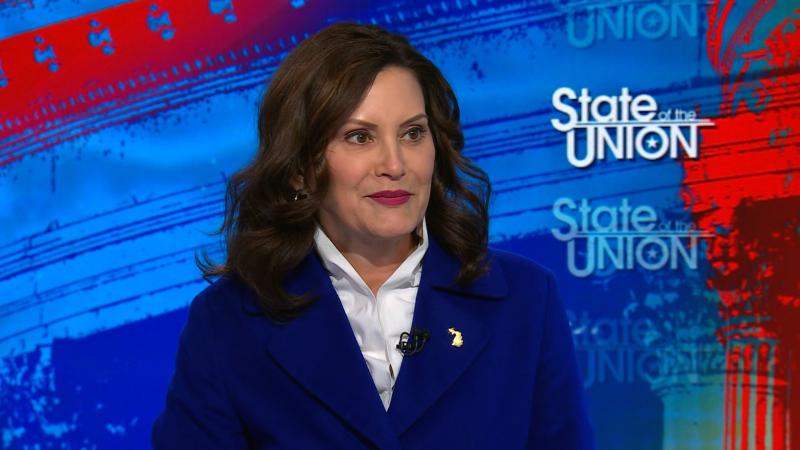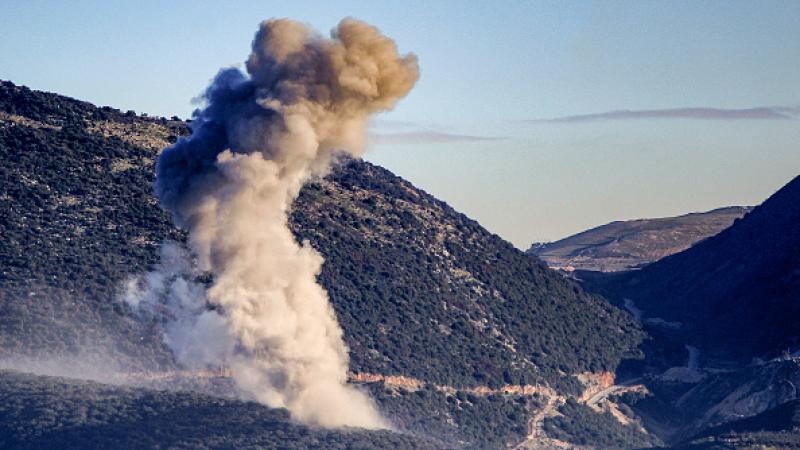Free speech shocker: Two-thirds of college students believe shouting down campus speakers OK
A new survey of the top 150 colleges in the U.S. found that nearly 25% of students said it is acceptable to use violence to shut down a controversial speaker. The number jumps to nearly 50% at several elite women’s colleges. According to the survey, Claremont-McKenna College ranks
A new survey of the top 150 colleges in the U.S. found that nearly 25% of students said it is acceptable to use violence to shut down a controversial speaker. The number jumps to nearly 50% at several elite women’s colleges. According to the survey, Claremont-McKenna College ranks best for free speech, DePauw University ranks the worst.
The findings are based on the opinions of over 37,000 students at 159 of America’s largest and most prestigious campuses. The largest survey of campus free expression ever conducted was published in the 2021 College Free Speech Rankings, produced by the Foundation for Individual Rights in Education (FIRE), College Pulse, and RealClearEducation.
“Existing ranking systems don’t look at a core aspect of higher education: the ability to think, discuss, and speak freely,” FIRE Executive Director Robert Shibley said. “Our rankings guide prospective students and their parents toward schools that value free speech and open inquiry. They also help us hold schools accountable and demand they do better.”
The survey evaluated free expression on campus in seven categories: openness to discussion of controversial topics, tolerance for liberal speakers, tolerance for conservative speakers, administrative support for free speech, comfort expressing ideas publicly, whether students support disruptive conduct during campus speeches, and FIRE’s speech code rating. The report found that public schools generally performed better than private schools.
It found that 66% of students say it is acceptable to shout down a speaker to prevent them from speaking on campus, while more more than 80% reported censoring their viewpoints at their colleges at least some of the time.
The top five colleges for free speech, according to the survey, are Claremont McKenna College, the University of Chicago, the University of New Hampshire, Emory University, and Florida State University.
But even at the top ranked school, a class of 2023 Claremont McKenna student said, “Meeting with deans can sometimes feel constricting and limiting but speaking out in other ways brings punishment and reprimands.”
The worst colleges for free speech, according to the survey, are DePauw University, Marquette University, Louisiana State University, Wake Forest University, and Boston College.
The survey found that students showed much greater intolerance toward campus speakers who held conservative views than liberal ones, and said they felt the most uncomfortable expressing their views on social media or publicly disagreeing with a professor.
Racial inequality, abortion, and gun control were the most difficult subjects students said they could discuss openly without backlash, the report found.
“There are fundamental questions that every student should want answered before committing to a college,” FIRE Senior Research Counsel Adam Goldstein said. “The value of higher education comes from developing a fuller understanding of the world by asking questions that challenge the status quo. A college that won’t clearly protect your right to ask those questions is a bad deal, even if it boasts small class sizes or a fancy stadium.”
Those supporting using violence to stop a campus speaker increased by five percentage points from last year’s analysis, the report found. The worst offenders in this survey are enrolled at the elite women’s colleges of Wellesley and Barnard, where students said they support using violence by 45% and 43%, respectively.
“When a majority of students report that they’re fearful of speaking their minds and engaging in free debate,” Nathan Harden, editor of RealClearEducation, said, “the value of higher education is greatly diminished.”
The purpose of producing the rankings is to help students and parents “identify which colleges and universities foster the best and worst environments for open inquiry and diverse points of view, as reported by students themselves.”















